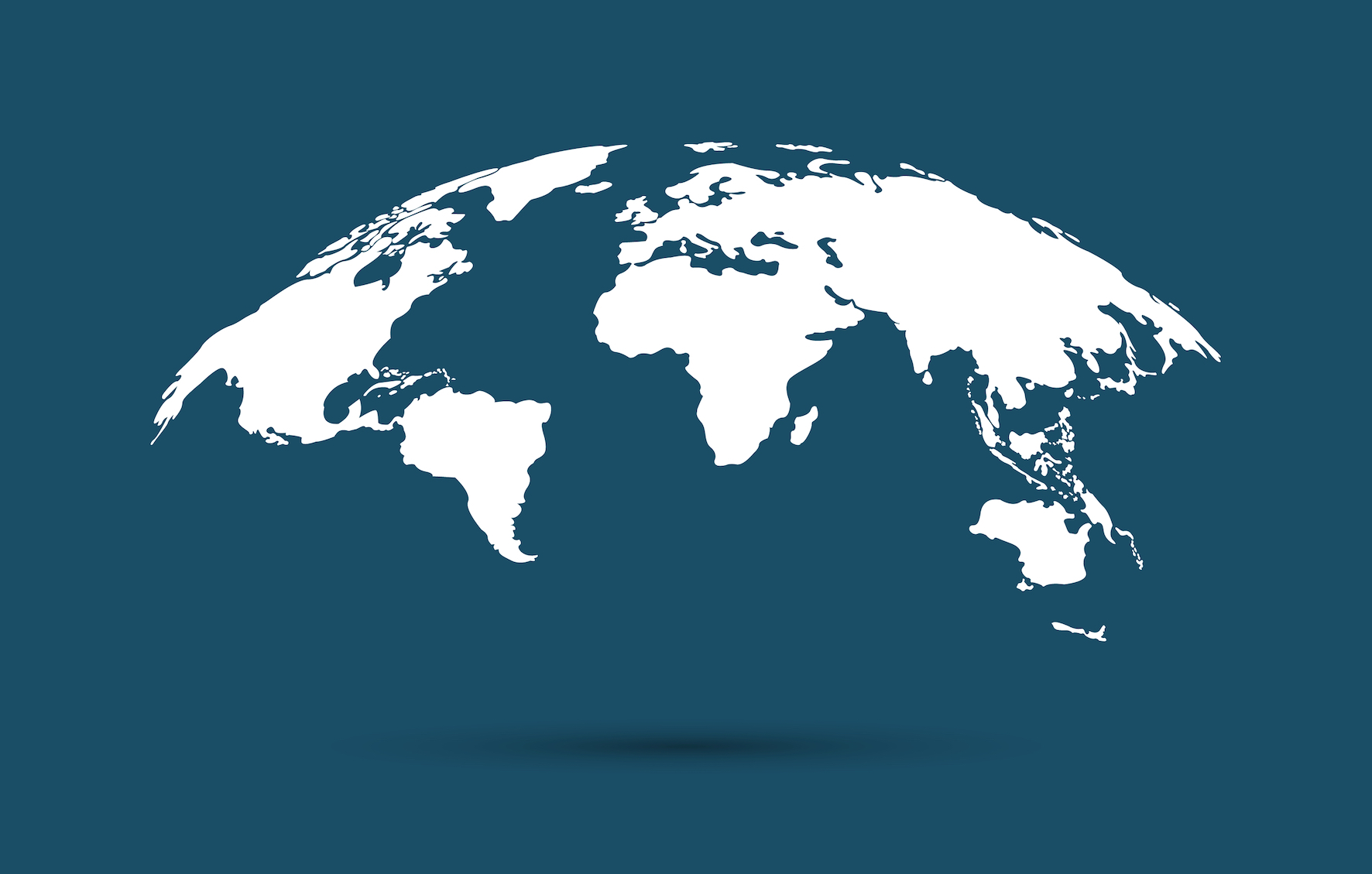A common purpose across borders
Back in 2008, the G20 became a leaders’ forum in response to the global financial crisis. Thirteen years on, and almost two years into a global pandemic, the benefits of cooperation and coordination across borders have never been clearer.
The G20 brings together the right mix of advanced and emerging economies to provide global leadership to the response and recovery from the health and economic crises. To lead the world out of crisis, we must be united in our efforts, enabled by an effective international rules-based system, and supported by robust global institutions.
We have helped save lives and livelihoods at home and abroad, but the road ahead is long and we must stay the course to deliver on our promise of ensuring equitable access to safe and effective vaccines for all.
Australia will provide 60 million doses to our region by the end of 2022. This complements the A$523 million we’ve pledged to support the health response of our Pacific and Southeast Asian neighbours, A$130 million to the COVAX Advance Market Commitment, and A$100 million to the Quadrilateral Vaccine Initiative, including for ‘last mile’ delivery support. With our Quad partners – the United States, Japan and India – we aim to deliver over one billion doses in the Indo-Pacific.
But our response must be more than vaccines, masks and personal protective equipment. Global public health also relies on the strength of national and global health systems and institutions. In Rome, we must shape reform to ensure our global institutions are effective, robust, resilient — and accountable to all members. A strengthened World Health Organization that supports enhanced surveillance and transparency, and as a core part of a well-governed and well-resourced global health system, will help to prevent future pandemics.
The economic impact of the crisis is weighing heavily on many. As G20 members, we need to step up and support developing countries to have the fiscal space they need for robust and sustainable response and recovery. One important step in this direction is all G20 members demonstrating their willingness to address unsustainable debt burdens.
Noting the critical role of infrastructure in recovery, we should also commit to the provision of development financing for infrastructure being in line with the G20 Quality Infrastructure Investment Principles. And we should strengthen development financing partnerships so that our collective effort is greater than the sum of its parts.
Women all over the world have been disproportionately impacted by this pandemic. Strengthened women’s economic participation will be critical to a strong and inclusive recovery. So, in Rome, Australia will once again urge G20 members to redouble their efforts to achieve the 2014 Brisbane goal of reducing the gender gap in labour force participation by 25% by 2025. This is an important element of our work to achieve gender equality.
Australia agrees that the global recovery must also be sustainable. G20 leaders need to work together to set meaningful goals and deliver results to address climate change, globally.
Australia’s pathway to net zero emissions will be built on low emissions technology. We are building partnerships to develop and commercialise low emissions technologies, and deploy them at scale to make net zero achievable globally – not just for advanced economies but also for developing nations that should not have to choose between growth and decarbonisation.
Australia is playing its part. Australia’s emissions are down over 20% since 2005 and we will meet and exceed our 2030 target. We have the world’s highest uptake of rooftop solar. Australia is a trusted energy exporter in the new energy economy and is investing more than A$1.2 billion to help build Australia’s clean hydrogen industry.
We’ve committed A$1.5 billion in practical climate finance globally. We’re investing A$60 million to develop a carbon offset scheme in the Indo-Pacific region. Our Clean Energy Finance Corporation has mobilised over A$9 billion for clean energy projects around the world, now valued at more than A$31 billion.
Our climate, of course, is inextricably linked to our oceans. Australia invests heavily in protecting the oceans in our region through biodiversity and blue carbon ecosystem initiatives. We continue to uphold the G20’s promise to end illegal, unreported and unregulated fishing and to address marine plastic litter.
I very much appreciate Prime Minister Mario Draghi’s leadership of the G20 this year and look forward to my good friend President Joko Widodo assuming the chair in 2022.












